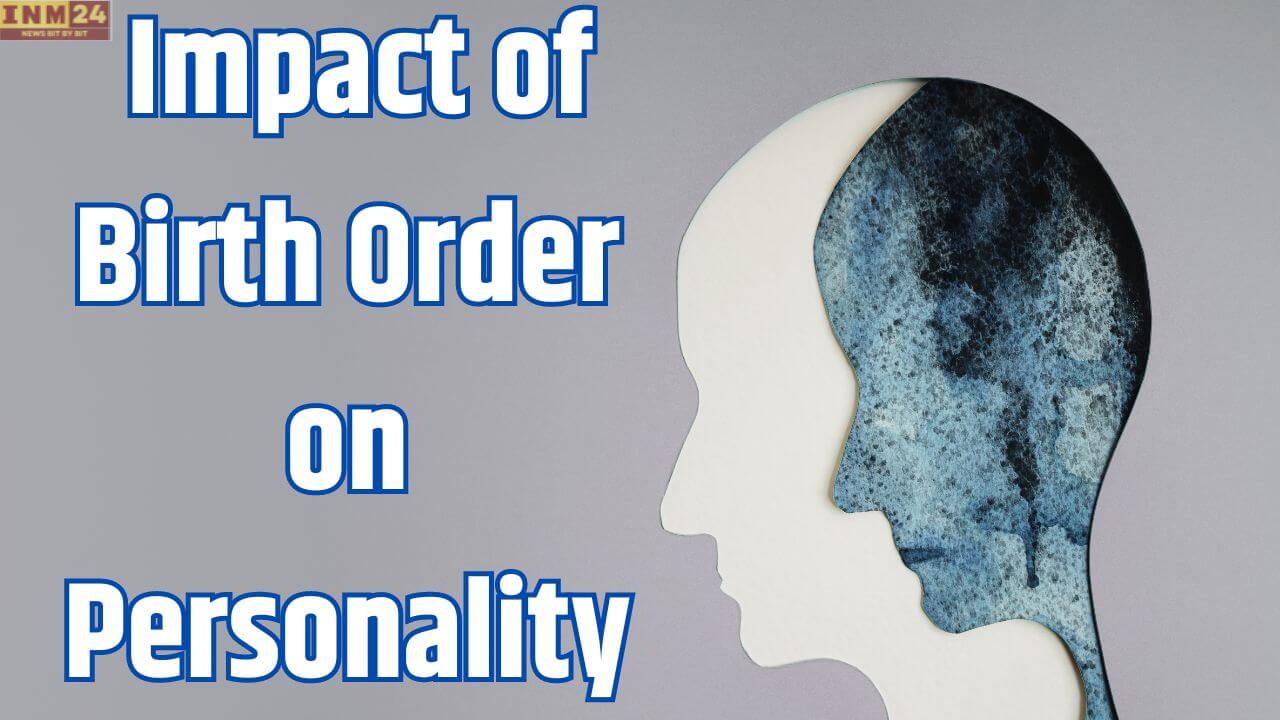Psychology, the disciplined study of mental processes, behavior, and emotional states, often unravels intriguing facts about the intricacies of human nature. One such fascinating area of study is the impact of birth order on personality traits. Does the sequence of your birth in the family influence who you become – the responsible firstborn, the laid-back middle child, or the spirited youngest? Let’s delve into the astonishing psychological facts associated with birth order.
The Adlerian Notion
Austrian psychologist Alfred Adler proposed the concept that birth order can significantly shape an individual’s personality. Though Adler did not conduct empirical studies on this idea, subsequent research has explored the potential links between birth order and various personality characteristics.
Birth Order and Personality Traits
Firstborns – The Responsible Leaders
Commonly perceived as natural leaders, firstborns often assume responsibility and strive for achievement.
Studies suggest that they may have a heightened sense of duty and tend to be conscientious and organized.
Middle Children – The Peacemakers
Middle children, caught between the responsibilities of the firstborn and the indulgence of the youngest, often develop strong interpersonal skills.
They tend to be diplomatic, adaptable, and skilled at negotiating compromises.
Youngest Siblings – The Free Spirits
Youngest siblings, often pampered and protected, can be more adventurous and outgoing.
Studies propose that they may be more creative and open to new experiences.
Scientific Validation
Research on birth order and personality traits has uncovered intriguing correlations. For example, a study found that birth order could influence preferences in friendships and romantic partners. Firstborns may connect with other firstborns, and similar patterns emerge for middle and youngest siblings.
Long-Term Stability of Personality
Contrary to the belief that personalities evolve over time, long-term studies by psychologist Paul T. Costa Jr. suggest that core personality traits remain relatively stable throughout life. While interests and roles may shift with age, the fundamental aspects of one’s personality tend to endure.
Impact on Health
Can birth order influence your health? Some studies have explored potential connections between personality traits and specific health outcomes. While there is no conclusive evidence, researchers have observed links between certain personality traits and conditions such as migraines, asthma, peptic ulcers, and heart disease.
Personality and Longevity
Interestingly, your personality may impact your lifespan. Studies indicate that individuals with positive personality traits, such as optimism, empathy, and maturity, tend to live longer. This emphasizes the importance of cultivating a positive and balanced personality throughout life.
While birth order may not be the sole determinant of personality, research suggests that it can play a role in shaping certain characteristics. Understanding these psychological nuances provides valuable insights into our own behaviors and relationships. Whether you’re a responsible firstborn, a diplomatic middle child, or a free-spirited youngest, embracing and appreciating the diverse qualities within families can lead to richer and more fulfilling connections.
